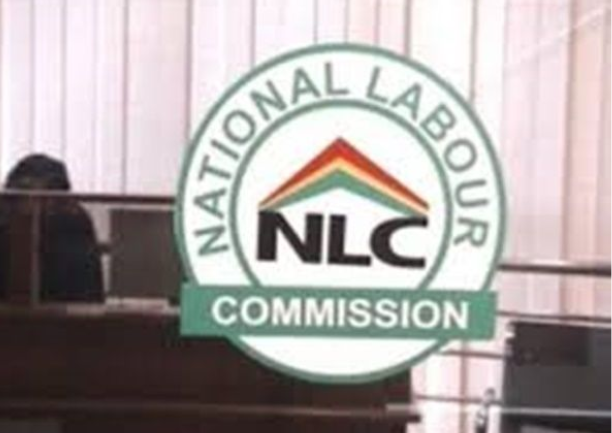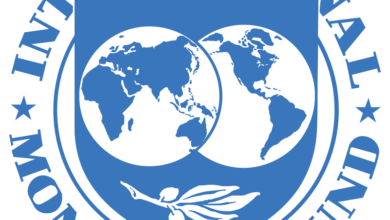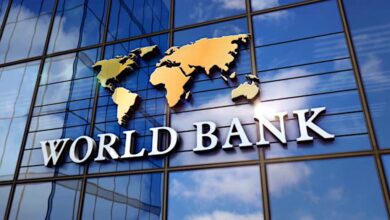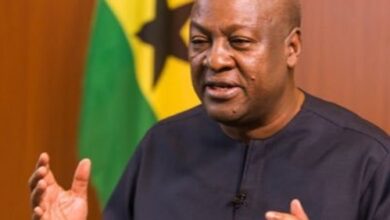
The Ghana Federation of Labour has joined calls for a review of public sector pay to mitigate the effects of increased prices of goods and services on workers.
The Deputy Secretary-General of the Ghana Federation of Labour, Kenneth Koomson, said workers cannot be allowed to suffer alone in “these hard times.”
“With the current inflation of 19.4%, we can’t be expected to live by the meager salaries we are receiving. It has been projected that the inflation will worsen, government cannot expect us to keep living like this. We are going by the formula, inflation has been pegged at 19.45, our salary adjustments should be made around this figure, anything below this will be unfair and our members will not be happy about it.”
Mr. Koomson said although he concurs that government may be under some economic pressure, it cannot be excused as it is able to “squeeze” monies for officeholders.
“There was already a huge gap between Article 71 office holders and workers under the single spine. The base pay was increased by 7%, minimum wage by 8%, while Article 71 holders had theirs increased by 80% and SOEs had theirs increased between 34% and 40%. We agreed with government that considering the excesses with covid-19 and the mass lay-off across the world, we would be considerate enough not to pressure government for salary increment. Before we realised, Article 71 holders had increased their salaries exponentially. What message did they communicate to us? This did not communicate that we are indeed in desperate times.”
“In industrial relations practice across the world, those at the bottom receive more than those at the top. The idea is the inequality that has to be reduced because essentially we all go to the same market,” he added.
Latest data from the Ghana Statistical Service says significant increases in the prices associated with food, transport, and housing have pushed the national year-on-year inflation for March 2022 to 19.4 percent.
The rate is 3.7 percentage points higher than the 15.7 percent recorded in February 2022.
The rise in the inflation rate for March 2022 is the highest recorded since the Ghana Statistical Service rebased the Consumer Price Index in August 2019.
General prices of goods and services have also gone up drastically in recent months.
Currently, petrol and diesel are selling between GH¢9 and GH¢10 per litre.
Public transport operators also increased fares by 15%. They are threatening to increase fares further if nothing is done to reduce the cost of fuel in Ghana.




